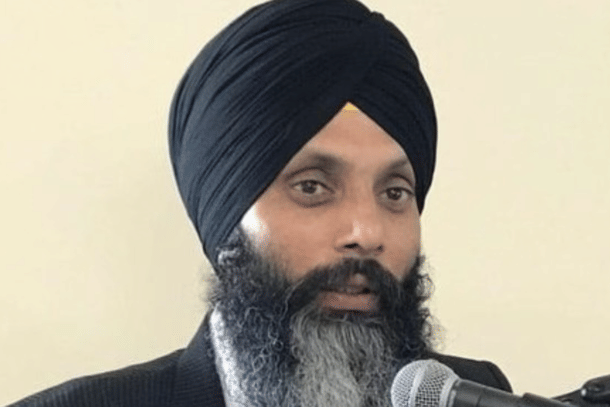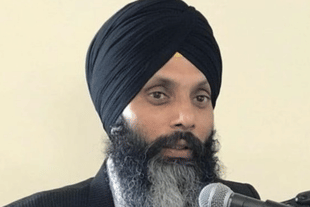News Brief
Canada Pursues Direct Indictment Against Four Indians In Nijjar Murder Case—Here's Why
Arjun Brij
Nov 25, 2024, 09:39 AM | Updated 09:39 AM IST
Save & read from anywhere!
Bookmark stories for easy access on any device or the Swarajya app.


The Canadian government has opted for a direct indictment in the case against four Indian nationals accused of killing Khalistani terrorist Hardeep Singh Nijjar, bypassing pre-trial proceedings in the Surrey Provincial Court. This decision moves the case directly to trial at the Supreme Court in New Westminster, according to reports.
The accused, identified as Karan Brar, Amandeep Singh, Kamalpreet Singh, and Karanpreet Singh, were initially scheduled for a hearing on 21 November in the Surrey court. However, the hearing was canceled following the Crown’s decision to proceed through direct indictment.
A direct indictment, a rare provision under Canadian law, eliminates the preliminary hearing phase, where defense counsel typically cross-examines prosecution witnesses to assess evidence. This mechanism, under the Canadian Criminal Code, is reserved for cases of significant public interest, such as those involving witness safety or national security concerns.
A Canadian official confirmed the development, stating, "On Monday, November 18, 2024, the Crown directed a stay of proceedings in relation to the Surrey Provincial Court file as we are now proceeding by way of a direct indictment in Supreme Court. The November 21 appearance in provincial court was cancelled given the matter is now proceeding in Supreme Court."
The Royal Canadian Mounted Police (RCMP) have accused the four Indian nationals of conspiring to assassinate Nijjar, who was shot dead outside a gurdwara in Surrey, British Columbia, in June 2023.
This move by Canadian authorities comes amidst strained relations between Canada and India over allegations linking the Indian government to Nijjar's killing. Last week, the Trudeau administration faced embarrassment after retracting claims that directly implicated Indian Prime Minister Narendra Modi in the case.
Prime Minister Justin Trudeau later defended his government, stating, “Unfortunately, criminals leaking top-secret information to the media have consistently gotten those stories wrong. That’s why we had a national inquiry into foreign interference, highlighting that such leaks are both unreliable and illegal.”
Arjun Brij is an Editorial Associate at Swarajya. He tweets at @arjun_brij




